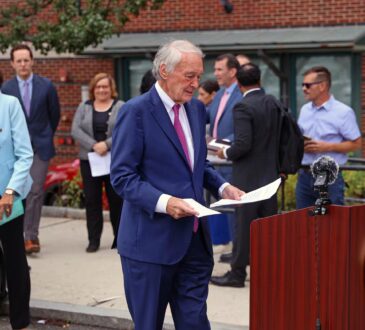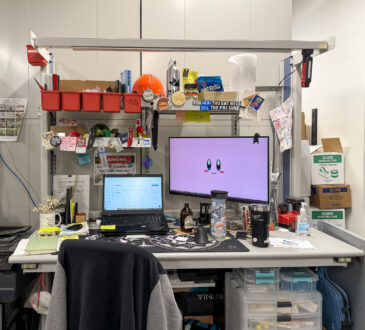
Since my co-founder John Mascari and I started Blueland, we’ve only had one real disagreement—what to name the company. That was seven years ago. Since then, we’ve made thousands of decisions that matter far more. Somehow, we’ve managed to stay aligned.
That doesn’t mean we see everything the same way. We approach problems from different angle, and we ask different questions. However, we’ve built a partnership grounded in trust—trust in the other’s ownership and trust that the other person cares as deeply, works as hard, and sweats the details just as much.
Co-founder conflict is one of the top reasons startups fail
Research from Harvard Business School shows that around 65% of startups fail because of co-founder conflict or misalignment. “Founder divorce” is one of the most common but least-discussed risks in building a company. You can have the right idea, funding, and timing, and still fail because your partnership breaks down. From day one, we knew that if we wanted to build something durable, we’d have to protect alignment as deliberately as we protect cash flow.
How we work together
From the start, we divided responsibilities loosely by strength. For example, I tend to lead on marketing, brand, and creative. He focuses more on operations, finance, and our people. Those boundaries, however, aren’t walls. We both deeply co-own our mission and product philosophy. We both jump into anything that touches the customer or the planet. We talk nearly every day—sometimes about the biggest strategic calls and sometimes about the smallest details.
We each care deeply about the details. Knowing the other does the same is what makes trust possible. When he makes a call on a supplier, I don’t need to double-check it because I know it was made with as much care as if I had made it myself—never out of convenience or lack of time. When I do double-check, it’s welcome. We’ve built enough trust that questions never feel like second-guessing. We both know any push or challenge comes from the same place — wanting to get to the right answer for the company.
That kind of trust actually makes it easier to challenge each other, not harder. It’s a habit the broader team sees and mirrors. When people watch founders question each other with respect and curiosity, it sets the tone for how the whole company communicates.
Revisiting our North Star every year
From the beginning, we take a step back to reset once a year. Together with our board and leadership team, we set a North Star—a theme or focus for the year. Then, we define each leader’s priorities that will bring it to life.
We also revisit our company values to make sure they still feel true to how we operate. Next, we share the theme with the full company. It keeps everyone anchored and keeps us accountable.
When everyone knows the focus, it’s easier to see when decisions start to drift away from, including our own. That discipline around alignment isn’t just for founders. It scales across the organization.
Staying aligned in practice
Alignment doesn’t happen by luck. It’s maintained through constant communication. We check in daily—sometimes formally, sometimes between meetings or flights—to trade notes, flag concerns, or pressure-test each other’s thinking. If something feels off, we don’t wait. We speak up immediately. It’s rarely dramatic, but this habit has prevented countless small misalignments from becoming bigger ones.
What makes it work
- Shared ownership of purpose
We both care about why the company exists and what we refuse to compromise on. - Equal respect for detail
We trust each other because we both do the work and commit to the details. - Constant communication
We don’t wait for formal check-ins to reconnect. - Regular re-alignment
Revisiting the North Star each year keeps decisions consistent and our focus transparent. - Assuming good intent
Every disagreement starts from the belief that we’re both trying to do what’s best for the company and the mission. - A shared desire to keep learning
We both approach the business with curiosity. There’s always more to understand, questions to ask, and new ways to make Blueland stronger.
The real takeaway
People sometimes hear that we’ve only had one major disagreement and assume that means we never debate. It’s the opposite. We question everything. We just do it from a place of total trust. The goal isn’t to avoid conflict. It’s to build a partnership where you know the other person cares as much as you do.
The opinions expressed here by Inc.com columnists are their own, not those of Inc.com.




